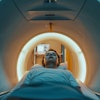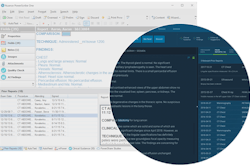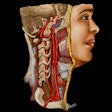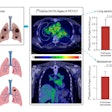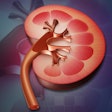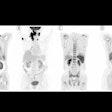Dear AuntMinnie Member,
Radiologists are often on the front lines when it comes to detecting lung injury caused by vaping with e-cigarettes and, thus, should be on the lookout for the telltale signs of vaping-associated lung injury on imaging exams.
That's according to our top story of the past week, based on a review published October 8 in the American Journal of Roentgenology. Researchers from the University of California, San Francisco detailed the types of lung injuries that can be associated with vaping and how to spot them on imaging exams.
In other news, researchers presenting on Friday at the North America Conference on Lung Cancer in Chicago made the case for including emergency first responders in the list of people eligible for CT lung cancer screening exams. First responders are often exposed to carcinogenic substances in their line of work, and researchers found evidence of potential early-stage lung disease in almost half of the first responders they screened.
Get these stories and more in our CT Community.
POCUS problems
Point-of-care ultrasound (POCUS) has been a revolutionary technology in terms of bringing imaging capability to physicians who might not ordinarily have immediate access to it. But does POCUS also have a downside?
Perhaps, according to a report on top healthcare hazards issued October 7 by healthcare consultancy ECRI Institute. The rapid adoption of POCUS has raised issues around misdiagnosis and inappropriate utilization as training in the technology hasn't kept pace with its uptake. Learn about another technology that the ECRI report marked as hazardous in the article in our Ultrasound Community.
While you're in the community, read our coverage of a study in which shear-wave elastography was used to help liver transplant patients avoid biopsy.
Cuban embassy mystery solved?
In our MRI Community, we offered coverage of an intriguing study that proffers a hypothesis for the Cuban embassy mystery, in which personnel at embassies in Havana reported strange neurological symptoms. The new hypothesis -- based on MRI exams -- is actually more credible than the previous theory, which blamed "sonic weapons" for the symptoms.
Board Review
Finally, the next Core Exam is November 4-5. If you're scheduled to sit for the exam, you probably need all the test preparation you can get. That's why we'd like to offer Board Review, our free online test prep resource. Get started at boardreview.auntminnie.com.
